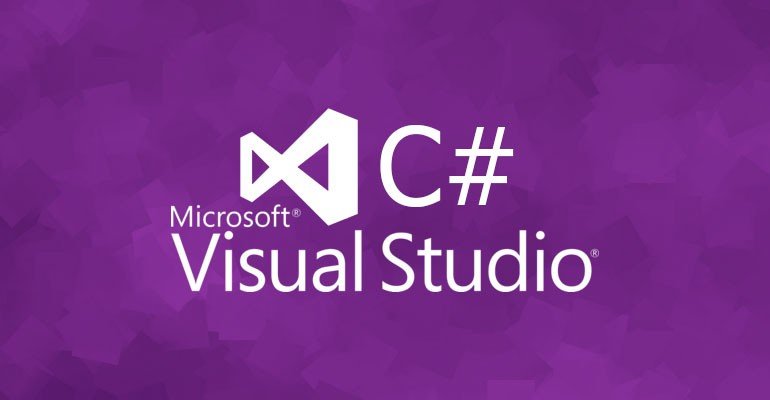
by Yogesh | Jun 27, 2016 | LINQ Tutorial
The Skip query operator will ignore the specified number of input elements from the start of the input sequence and return the remainder. The following code skips over the first three elements and returns the rest: using System; using System.Collections.Generic;...

by Yogesh | Jun 27, 2016 | LINQ Tutorial
TakeWhile: This operator is useful when we want to iterate a long list of items. During iteration we can get list of items by using predicate function. Let’s take a example where I will generate numbers using IEnumerable range method and get items as per predicate...

by Yogesh | Jun 25, 2016 | LINQ Tutorial
The partitioning query operators take an input sequence and partition it, or “return a chunk” in the output sequence. One use of these operators is to break up a larger sequence into “pages,” for example, paging though ten results at a time in a user interface. 1....

by Yogesh | Jun 25, 2016 | LINQ Tutorial
SelectMany query operator produces a variable number of output elements for each input element. In simple words if any collection have collection as an its element then using selectmany we can read that child connection item. Example using System; using...
by Yogesh | Jun 22, 2016 | LINQ Tutorial
Projection Operators in LINQ Input sequenceà Output sequence (Input sequence of elements can be modified using projection operators).We can set output sequence format using projection operator. Select : Using select projection operator , we can project specified value...
by Yogesh | Jun 22, 2016 | LINQ Tutorial
In general queries we take input sequence of items and generated output sequence as per given condition for example we have the list of various department employees and we want to take information only those employess who are belong to IT department . In that...





